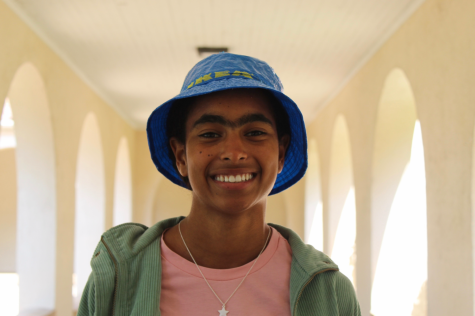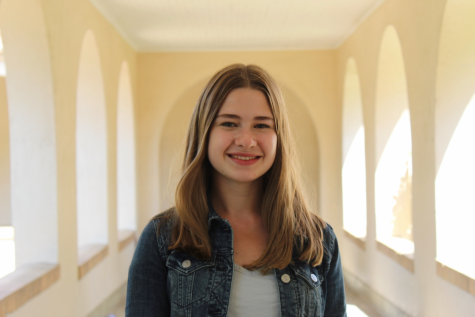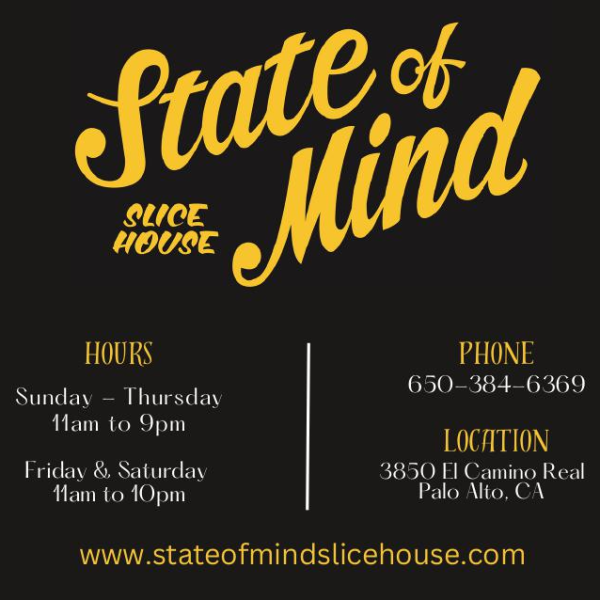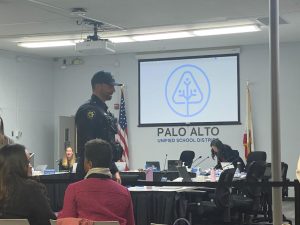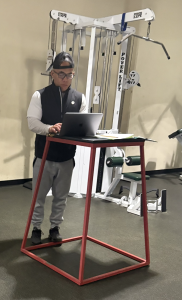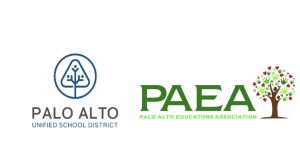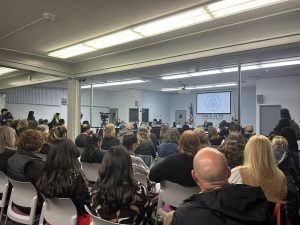CCC provides guidance to students during uncertain times
February 13, 2021
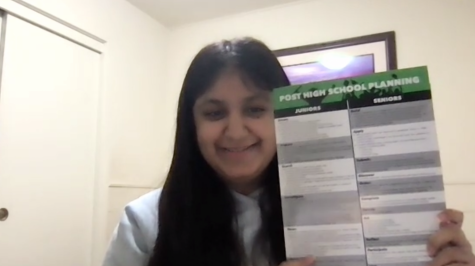
Stacks of thick books, filled with monotonous pages of standardized test prep questions and dense descriptions of every college you could name, pile up on Nisha Mata’s desk in the midst of her junior year. From the profuse number of post-high school options to the minute details of college campuses, Mata is one of many Palo Alto High School juniors feeling overwhelmed.
As questions arise from students trying to plan their post-Paly futures, especially during this turbulent time, many turn to Paly’s College and Career Counseling Center (CCC) for help. Junior Sadie Ibbotson-Brown said that she plans to meet with her college adviser to address her questions about the college application process.
“I’m hoping that the college advisor will help me refine my choices for where I want to attend college,” Ibbotson-Brown said. “I don’t really know much about the whole process and I’m hoping that the counselor will be able to help me understand better what is required of me and what I need to do in order to be successful college-wise.”
CCC college advisors help juniors and seniors with their needs concerning college options, financial aid, gap years, and various other post-secondary opportunities. In previous years, the CCC gave students the opportunity to meet with their counselors through walk-in meetings, but due to Covid-19, students can now schedule 15- or 60-minute Zoom calls.
College adviser Janet Cochrane said that before meeting with students, the counselors require students to complete a Post High School Planning Survey in Naviance to better understand students’ preferences.
“Although it’s probably easier to get to know students better in person, it seems like everything else can be accomplished virtually,” Cochrane said. “ I do think we lose a little bit when students can’t just drop into the College & Career Center during their lunch hours or after school. We encourage students to reach out by email or 15-minute appointments if they just have a few questions.”
Mata said that during her meeting, Cochrane provided her with a document of helpful resources to further address her questions and concerns.
“I don’t know what major I’m leaning towards, so I was just hoping she [Cochrane] would help me figure that out, and one of the links that she gave me was for finding out what major you want to do,” Mata said.
According to Mata, the meeting provided helpful insight and introduced her to college possibilities that she previously had not considered.
“I think the most valuable thing [I learned] was … looking not just in one place in the US, [but] to look all over,” Mata said. “I think before I was kind of set on going to a particular place, but now I know that there’s more options or I should look more at colleges from the entire country as a whole and not just from one specific region.”
After junior Braden Leung met with his advisor, he said he obtained a better understanding of the planning process and the resources available to him.
“It was really nice to have some certainty, especially during the pandemic where so many things are subject to change,” Leung said. “I’m not sure that meeting with my college advisor really changed how I envision my future steps, but it definitely gave me more to work with. As a junior, I’m not very far into the college process so I still have lots to learn.”
College adviser Sandra Cernobori said that when consulting with students interested in attending a four-year college, she emphasizes the importance of finding an academic, social and financial match.
“I think it’s important for students to kind of reflect on their preferences, their needs, and their goals,” Cernobori said. “For most students at Paly that’s four-year college. And with respect to four-year college[s], I think they need to think about trying to find a fit.”
Cernobori said that when meeting with students, she often observes that many feel they are not as equipped for post-high school planning as their peers. According to Cernobori, the advisers work to gauge where students are in their process and determine the best way to support them in their next steps, allowing everyone to move forward at their own pace.
“It’s a continuum,” Cernobori said. “Not everybody’s in the same place, and I assure you, you’re just kind of starting. You’re not behind.”


